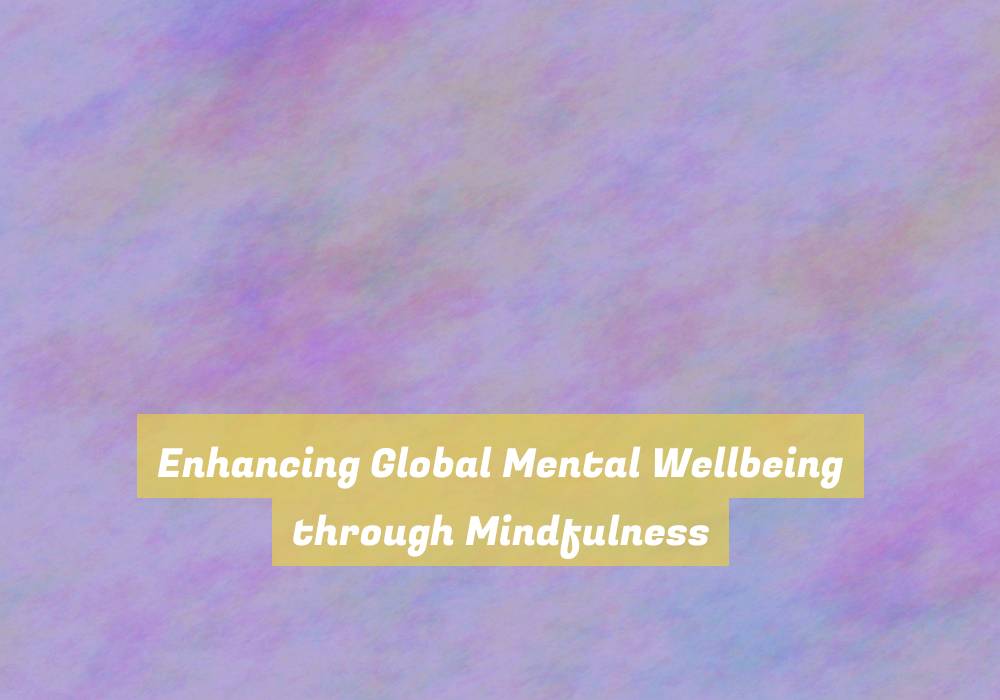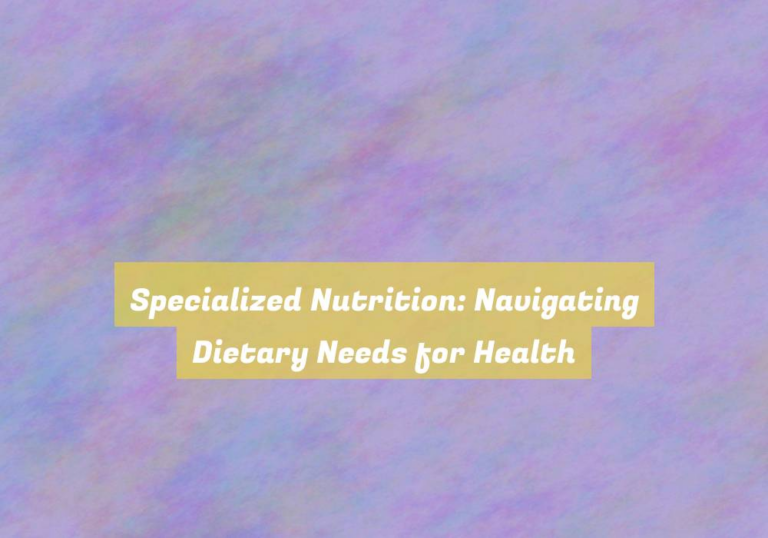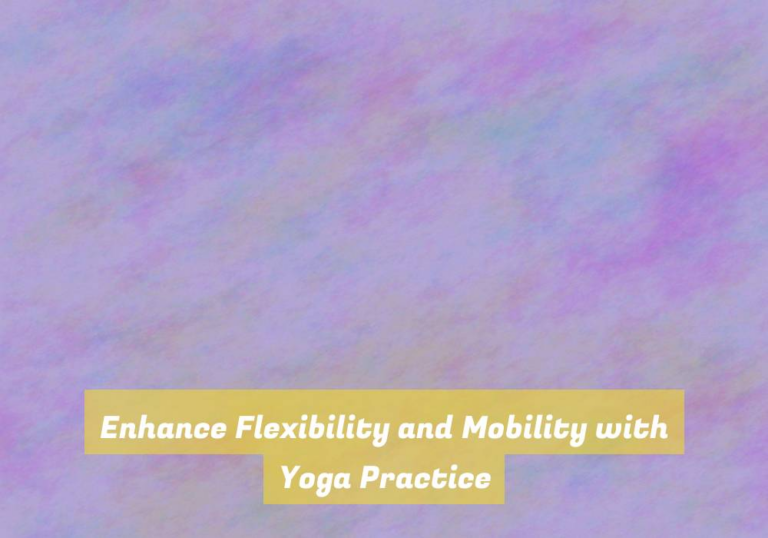Enhancing Global Mental Wellbeing through Mindfulness
YouG??ve probably heard the saying, G??A healthy mind is a healthy body.G?? However, in todayG??s fast-paced and stressful world, achieving mental wellbeing can be a challenge.
But what if there was a simple and effective way to enhance global mental wellbeing? Mindfulness offers a promising path towards achieving just that.
By incorporating mindfulness practices into everyday life, individuals, communities, and even entire nations have the potential to experience profound positive effects on mental health.
So, how exactly can mindfulness play a role in enhancing global mental wellbeing? LetG??s explore the possibilities together.
The Science Behind Mindfulness
Understanding the science behind mindfulness can provide valuable insights into its impact on mental wellbeing. When you practice mindfulness, your brain undergoes measurable changes. Studies have shown that mindfulness meditation can lead to increased gray matter in the brain, particularly in areas associated with memory, learning, and emotional regulation. This suggests that mindfulness can help improve cognitive function and emotional resilience.
Furthermore, mindfulness has been found to reduce activity in the amygdala, the part of the brain responsible for processing emotions such as fear and stress. This can lead to a decrease in stress and anxiety levels, as well as an improved ability to regulate emotions. Additionally, practicing mindfulness has been linked to a reduction in the production of cortisol, the stress hormone, which can have a positive impact on overall wellbeing.
Understanding the science behind mindfulness can also shed light on its effects on the body. Mindfulness has been associated with improvements in immune function and inflammation levels, indicating its potential to enhance physical as well as mental health. By delving into the scientific mechanisms at play, we can better comprehend how mindfulness contributes to mental wellbeing and overall health.
Mindfulness Practices for Individuals
Exploring mindfulness practices empowers individuals to apply the scientific insights gained from the brain and body to enhance their mental and physical wellbeing.
One effective practice is mindful breathing. By focusing on your breath, you can anchor yourself in the present moment, reducing stress and promoting a sense of calm.
Another useful practice is body scan meditation, where you systematically focus on each part of your body, promoting relaxation and body awareness.
Additionally, mindfulness meditation involves observing your thoughts and emotions without judgment, which can help you develop a greater sense of self-awareness and emotional regulation.
Engaging in mindful movement practices such as yoga or tai chi can also promote physical wellbeing while enhancing mindfulness.
Cultivating a daily mindfulness practice, even if itG??s just for a few minutes, can make a significant difference in your mental wellbeing. By consistently engaging in these practices, you can train your mind to be more present, focused, and resilient in the face of lifeG??s challenges.
Mindfulness in Community Settings
Mindfulness practices can be beneficial in community settings, fostering a sense of connection and well-being among participants. When practiced in groups, mindfulness can create a supportive and empathetic environment, allowing individuals to feel understood and valued.
In community settings, mindfulness activities such as group meditation or mindful walking can help cultivate a shared sense of calm and harmony. By engaging in these practices together, participants can strengthen their social bonds and develop a deeper understanding of one another.
Furthermore, mindfulness in community settings can promote a collective awareness of emotions and experiences, leading to increased empathy and compassion for others. This shared mindfulness experience can also enhance communication and conflict resolution within the community, as individuals become more attuned to their own emotions and those of others.
Additionally, practicing mindfulness in a group setting can provide a sense of accountability and encouragement, motivating individuals to sustain their mindfulness practice.
Implementing Mindfulness Globally
To effectively implement mindfulness practices globally, itG??s essential to establish culturally sensitive and accessible resources for individuals across diverse communities. This means tailoring mindfulness programs to the specific cultural, linguistic, and social contexts of different regions. It also involves ensuring that these resources are available and affordable to people from all walks of life. One approach to achieving this is by collaborating with local community leaders, mental health professionals, and educators to adapt mindfulness techniques to align with the values and traditions of each community.
Moreover, implementing mindfulness globally requires a focus on accessibility. This entails making mindfulness resources available in multiple languages, offering them through various mediums such as online platforms, mobile apps, and in-person sessions, and addressing any financial barriers that may prevent individuals from participating.
Additionally, itG??s vital to provide training and support for local facilitators who can effectively deliver mindfulness practices within their communities, ensuring that the benefits of mindfulness are widely accessible and sustainable.
Conclusion
So, start practicing mindfulness today to improve your mental wellbeing. ItG??s a simple yet powerful way to reduce stress, enhance focus, and cultivate a sense of inner peace.
Whether youG??re practicing on your own or in a group setting, mindfulness has the potential to make a positive impact on individuals and communities worldwide.
LetG??s work together to implement mindfulness globally and create a healthier, happier world for all.






